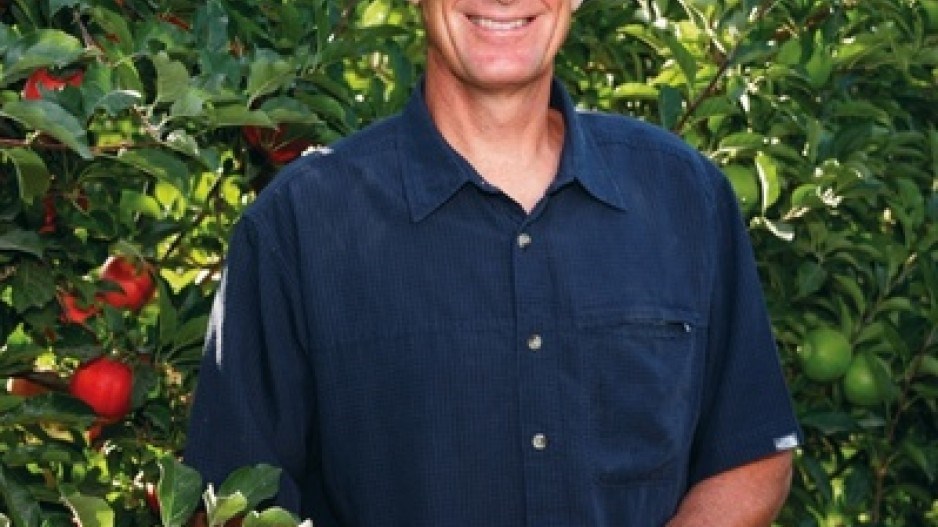An apple a day may keep the doctor away, but what about keeping the brown away from apples?
Due to a B.C. innovation, it will be a reality for many Americans who don’t have the appetite for apples whose flesh have gone brown after they’re sliced.
The United States Department of Agriculture (USDA) confirmed February 13 it has deregulated Okanagan Specialty Fruits’ (OSF) genetically engineered Arctic Golden and Arctic Granny apples.
American growers will now be allowed to purchase OSF apple trees to harvest the fruit, however, the USDA said it would likely be three to five years before the apples hit store shelves.
While the Arctic apples will eventually turn brown and rot like any other apple, they have been genetically modified to produce less of the substance that causes browning.
After the genetically engineered fruits were field tested in New York and Washington state, the USDA determined the apples were unlikely to pose a plant pest risk.
“The supply-chain can feel confident knowing that Arctic apples are likely the most tested apples in existence,” OSF president and founder Neal Carter said in a statement.
“Since it takes apple trees a number of years to produce significant amounts of fruit, it will likely be 2016 before any Arctic Granny or Arctic Golden apples are available for small, test-markets.”
Although the USDA has approved the apples for growing and consumption south of the border, OSF’s products have yet to be given the greenlight by the Canadian Food Inspection Agency.
The apples have been controversial.
Some Okanagan orchardists believe consumers could be so spooked by what they see as the potential negative health impact of GM foods that they’ll stop buying B.C. apples if the Arctic apple gains traction.




